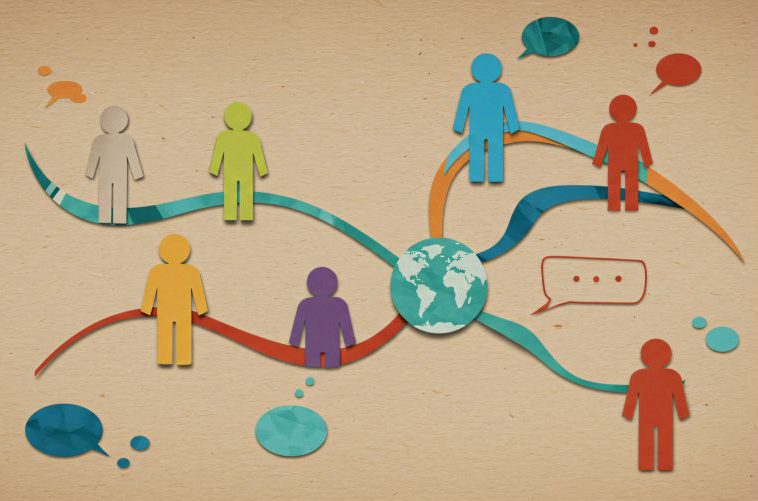
Overwhelmed by a Research Paper? Take these Four Steps
Posted October 12, 2015, 12:00 pm by
In 10th grade, I took AP World History and had to write my very first major research paper. I was overwhelmed and stressed out of my mind. How would I possibly get the required 15 sources about Fidel Castro’s early political philosophy? I soon found out, however, that the research process is actually quite straightforward if you have a process.
1) Pick a great topic
This seems like a moot point, but it’s really not. Picking an appropriate topic is essential: not too broad, not too narrow. If you decide to research an overly narrow topic such as, “The significance of the literary rhetoric employed in Abraham and Mary Todd Lincoln’s informal correspondence,” you are going to have a truly, truly miserable time trying to find any source, whether primary or secondary. On the other hand, if you decide to research, “the Civil War,” you will have far too many sources. Some quick Google or Wikipedia searches will help you get a sense for how much information is out there for you to find.
2) Go to a library
“What?? An actual library? What about just using the Internet from home?” Trust me, going to an actual, physical library to find actual, physical books is much faster than trying to sift through all those comic sans, homemade websites with 1980s graphics.
The one exception to this rule is finding primary sources: speeches, letters, artwork- basically anything produced in the time period you are researching. A quick Google search such as “primary sources for Mesopotamia” will yield many great documents within a few clicks.
Depending on the depth of your project, your local town library or even your school library may be great. However, if you are doing a particularly intense project (for an AP class, for example), you may have to find a university or college library. Some are open for you to explore and browse, and some will even allow you to get a library card and borrow books. And don’t forget to ask your town library if they can borrow college library books for you. Call in advance to find out the rules.
Plan to spend an entire Saturday at the college library so that you don’t have to make multiple trips. And once you get there, talk to a librarian rather than just muddling about on your own.
3) Read, cite, and make copies
If you’ve gotten yourself to a library, you’ve won half the battle already! Once you’re there (with a bit of help from your librarian), you’ll find books in no time.
We’re not done yet, though. Now you have to starting reading through the books. Just skim to see what information will be useful. Use the table of contents and the index! Don’t be afraid to skip around.
Since you aren’t going to be able to finish your assignment in one sitting, you’re going to have to take notes. Or better yet, make copies. Some libraries have pretty sweet copy machines that can send pdfs of your books by email. Just copy the pages that you know you’ll be using later. (Make sure you have cash with you to pay for copies!)
4) Be sure your work is your work
I’ll close with this advice: As you skim through the books, make sure to write down the citation information of the books you will use: author, title, place, publisher, date published, etc. (And, fyi, there are really cool websites that will actually format this information into bibliographies for you; http://www.easybib.com is just one example.)
This last step of collecting the citation information is extremely important. There is definitely a temptation to just take some quick notes and include them in your paper without citing your information. This is plagiarism. Don’t do it. It’s not just about the failing grade. Plagiarism is unethical and, in the real world, illegal.
Blog Categories
- Career Advice
- College Admissions
- Colleges & Universities
- Financial Aid and Scholarships
- For Counselors
- For Parents
- For Students
- Gap Years
- Mental Health and Wellness
- Online Learning
- Performing and Visual Arts
- STEM Majors and More
- Summer Programs
- Teen Volunteering
- Trade & Vocational Schools
- Tutoring & Test Prep

Organization with listings on TeenLife? Login here
Register for Free
We’re here to help you find your best-fit teen-centered academic and enrichment opportunities.
Forgot Password
"*" indicates required fields








